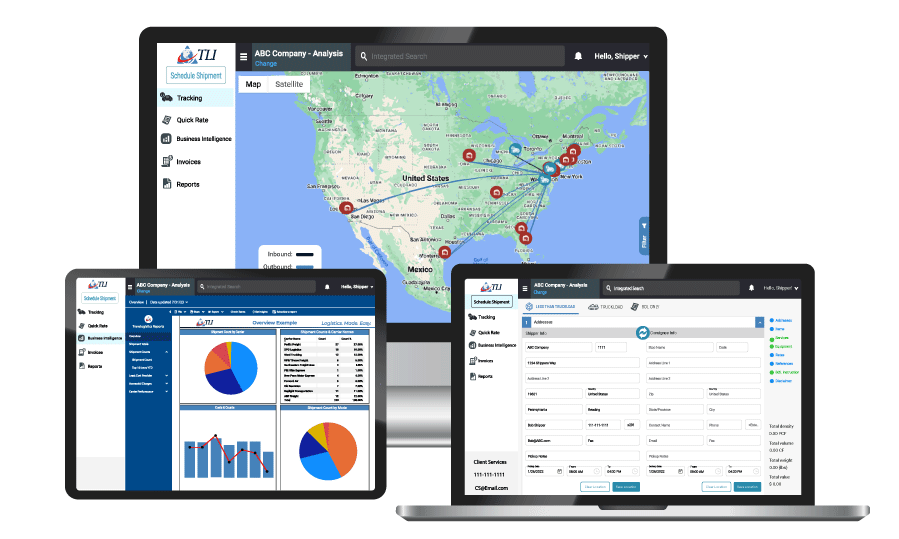Moving freight in today’s hectic environment isn’t just about routes or trucks but also the right information, flexibility and the right systems for dealing with the unexpected. Whether you’re a manufacturer trying to get their products out in time, or a distributor juggling multiple shipments a day the logistics company you choose to work with needs to provide more than just basic shipping services. They need to provide trust as well as clarity and control.

Image credit: translogisticsinc.com
Modern freight brokerage and 3PL providers who are technology-driven can alter this.
The modern Freight Broker is more than a Middleman
Traditionally an individual who was a freight broker seen as someone who simply linked shippers to carriers. Today, freight brokers are strategic partners in managing transportation complexity on behalf of their clients. They assist clients negotiate lower prices, find reliable carriers, solve disruptions and avoid expensive delays.
A reputable freight broker will help you save time and cash by avoiding logistical challenges which can affect your bottom line.
Translogistics, Inc., or TLI is revolutionizing the relationship between companies and customers. By offering multimodal freight brokerage services, they allow businesses to shift between parcel, LTL (less-than-truckload), and volume LTL shipments depending on urgency, budget, or customer needs. This flexibility is important more than ever.
3PL Providers – – The third layer of strategy you didn’t realize you needed
If you’re working with multiple carriers, juggling invoices, tracking shipments manually, or managing claims in a spreadsheet, it might be time to consider a 3PL provider. An outside logistics partner could handle these tedious tasks, freeing up your time to concentrate on what matters growing your business.
They bring structure, strategy and knowledge to your department of logistics. They examine the patterns of your shipping, recommend better solutions and add technology-driven processes to the logistics department. A 3PL allows you to avoid problems before they happen. In an industry where transparency and efficiency are not a matter of debate, it’s actually the technology behind the scenes that can make the most impact.
The function of a Transportation Management System
Imagine that a Transportation Management System is the primary control for your shipment. It’s your digital brain that allows you to monitor how you manage and optimize each of your freight on a single platform. A TMS provides you with the control and visibility that you have been lacking. It is able to do everything from generating Bills of Lading to viewing the real-time rates of carriers.
Translogistics’ ViewPoint TMS platform for instance, was designed with the same goals in mind. It doesn’t just compare prices across different modes, but additionally includes drag-and-drop shipping data entry that is powered by AI which removes manual typing that slows down teams. It’s a great illustration of how technology in logistics is evolving to facilitate speedier, cleaner and more precise operations.
The Reasons It All Comes Down to Partnership
At the end of the day, logistics doesn’t just about processes and services. It’s about people. It’s about having a team around you who know what’s at risk when a shipment becomes delayed or a transporter falls into. It’s not just about the transaction. It’s a strategic choice.
Find a partner who is attentive to your needs, is flexible, and will invest in the latest technology. This will make your supply chain move forward. You want someone who treats your shipment with the same attention to detail and urgency you give your customers. A reliable support system can transform the chaos of freight into an efficient process and aid your business grow. Modern logistics is not simply moving freight. The key is to be smarter.